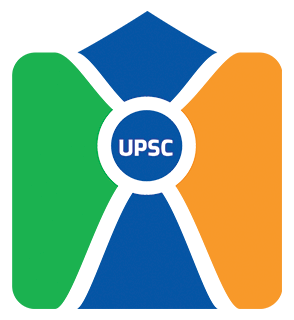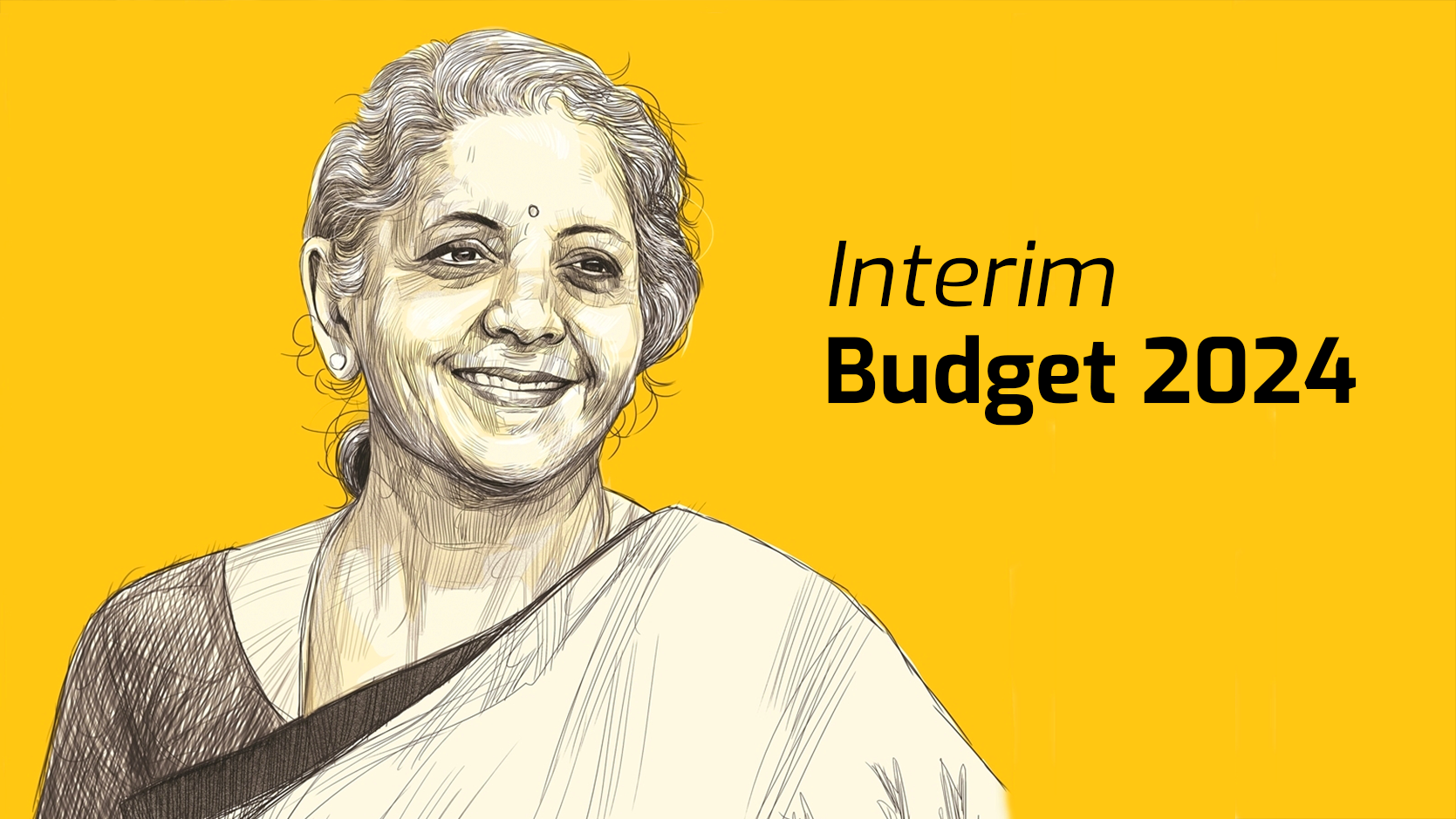Which Stream is Best for UPSC: One of the hardest entrance examinations to pass is the Union Public Service Commission Civil Services Examination (UPSC CSE). Only a small number of candidates are chosen to become high-ranking officers in the government out of the many that apply for this exam.
There is no greater sense of respect and pride associated with the need to serve one’s country. Following your 10th board exam, you begin to prepare for this one. Selecting your stream or subjects for your 11th and 12th is the first stage. Before we address your question, let’s go over the fundamentals of this exam.
UPSC Exam Structure
The UPSC (Union Public Service Commission) exam is conducted in three stages: Preliminary Examination (Prelims), Main Examination (Mains), and Personality Test (Interview). Here’s a structured overview of each stage:
1. Preliminary Examination (Prelims):
Objective Type
The Preliminary exam consists of two papers, both objective (multiple-choice questions).
Paper 1 (General Studies – I)
- Covers subjects like Current Affairs, History of India and Indian National Movement, Indian and World Geography, Indian Polity and Governance, Economic and Social Development, Environmental Ecology, General Science.
- Total marks: 200
- Duration: 2 hours
Paper 2 (General Studies – II, CSAT – Civil Services Aptitude Test)
- Tests aptitude and comprehension skills of the candidate.
- Includes topics like Comprehension, Interpersonal Skills, Logical Reasoning, Analytical Ability, Decision Making, Problem Solving, Basic Numeracy, Data Interpretation, English Language Comprehension Skills (of Class X level).
- Total marks: 200
- Duration: 2 hours
- Note: Paper 2 (CSAT) is qualifying in nature (33% marks required). Marks not counted for ranking in Prelims.
2. Main Examination (Mains):
- Descriptive Type: The Main exam is a written exam consisting of nine papers, of which seven are merit-based and two are qualifying in nature.
Compulsory Papers:
- Paper A: Indian Language (Qualifying)
- Paper B: English (Qualifying)
- Essay
- General Studies I (Indian Heritage and Culture, History and Geography of the World and Society)
- General Studies II (Governance, Constitution, Polity, Social Justice and International relations)
- General Studies III (Technology, Economic Development, Biodiversity, Environment, Security and Disaster Management)
- General Studies IV (Ethics, Integrity, and Aptitude)
Optional Subject Papers:
Candidates can choose one optional subject from a list of subjects provided by UPSC. Each optional subject consists of two papers.
Total marks: The Main exam is out of 1750 marks (excluding the marks of the English and Indian Language papers, which are of qualifying nature).
3. Personality Test (Interview):
- Conducted by: Qualified candidates from the Main exam are called for a Personality Test (Interview) conducted by the UPSC Board.
- Purpose: The interview assesses the candidate’s personality, suitability for a career in public service, mental alertness, critical powers of assimilation, clear and logical exposition, balance of judgment, variety, and depth of interest, ability for social cohesion and leadership, and intellectual and moral integrity.
- Total marks: The interview is of 275 marks.
Final Selection:
- Merit List: The final merit list is prepared based on the candidate’s performance in the Main exam (written) and the Personality Test (interview).
- Ranking: Rank determines the allocation of services and cadres (regions).
Which Stream is Best for UPSC
Deciding on the right stream for the UPSC exam is a crucial step towards achieving your goal of becoming a civil servant. Here’s a simplified guide to help you understand which stream might be best suited for your UPSC journey.
Understanding the Streams:
Humanities (Arts):
Subjects: Includes History, Geography, Political Science, Sociology, and Public Administration.
Advantages: Humanities subjects provide a deep understanding of society, politics, and governance, which are essential for the UPSC syllabus. They also help develop critical thinking and writing skills.
Suitability: If you are interested in subjects like history, politics, and social sciences, Humanities can provide a strong foundation for understanding the issues that civil servants handle.
Science:
Subjects: Includes Physics, Chemistry, Mathematics, Biology, and other science-related subjects.
Advantages: Science subjects offer analytical thinking, problem-solving skills, and a scientific approach to issues. They can also be beneficial for optional subjects related to science and technology.
Suitability: If you have a knack for scientific reasoning and enjoy quantitative analysis, Science can provide a unique perspective on policies and their implementation.
Commerce:
Subjects: Includes Economics, Accountancy, Business Studies, and Commerce.
Advantages: Commerce subjects provide insights into economics, finance, and business management, which are crucial for administrative roles. They also help in understanding budgeting and financial aspects of governance.
Suitability: If you are interested in economics, finance, and business studies, Commerce can equip you with skills that are directly relevant to certain administrative responsibilities.
Which is the Best Choice of Stream
- Interest and Passion: Choose a stream that aligns with your interests and passions. Enjoying what you study will keep you motivated throughout your preparation for the UPSC exam.
- UPSC Syllabus Alignment: Look closely at the UPSC syllabus and see which subjects from your chosen stream cover the required topics. Ensure that your chosen subjects provide a comprehensive understanding of the exam’s content.
- Optional Subjects: Consider which stream offers optional subjects that you are comfortable with and interested in. Optional subjects play a significant role in the UPSC mains exam, so choose wisely.
- Career Goals: Think about your long-term career goals beyond the UPSC exam. Certain streams may provide a stronger foundation for specific administrative roles or departments you aspire to work in.
Significance of Choosing the Right Stream for the UPSC
Choosing the right stream for the UPSC (Union Public Service Commission) exam holds significant importance in shaping your preparation and ultimately your success in the civil services journey. Here are some key reasons why selecting the appropriate stream matters:
- Alignment with Interests and Strengths: Opting for a stream that aligns with your interests and strengths enhances your engagement and motivation. Enjoying what you study makes the learning process more effective and sustainable.
- Foundation for Understanding: Each stream—Humanities (Arts), Science, or Commerce—provides a distinct foundation of knowledge and skills. Humanities offer insights into society, politics, and governance; Science emphasizes analytical thinking and problem-solving; Commerce focuses on economics and finance. This foundation is crucial as it forms the basis for understanding the diverse subjects covered in the UPSC syllabus.
- Relevance to UPSC Syllabus: The subjects you study in your chosen stream should align closely with the UPSC syllabus. This ensures that you cover the essential topics comprehensively, which is critical for performing well in both Preliminary and Main exams.
- Optional Subject Selection: Your stream choice often dictates which optional subjects you can choose for the UPSC Mains exam. Optional subjects carry significant weightage in the final selection process. Selecting subjects that you are comfortable with and have a strong grasp of can greatly improve your chances of scoring well.
- Preparation Efficiency: Choosing a stream you are familiar with can streamline your preparation process. It allows you to focus more on understanding concepts deeply rather than struggling with unfamiliar subjects.
- Career Alignment: Certain streams may provide a stronger foundation for specific administrative roles or departments within the civil services. For example, a background in Science might be advantageous for roles in scientific departments or technology-related fields.
- Long-Term Perspective: Beyond the UPSC exam, the knowledge and skills gained from your chosen stream can benefit your career in public service. They provide a broader perspective and understanding of the issues and challenges faced by the government and society.
Array


 Best Magazines for UPSC
Best Magazines for UPSC  Who is the Chairman of UPSC
Who is the Chairman of UPSC 



